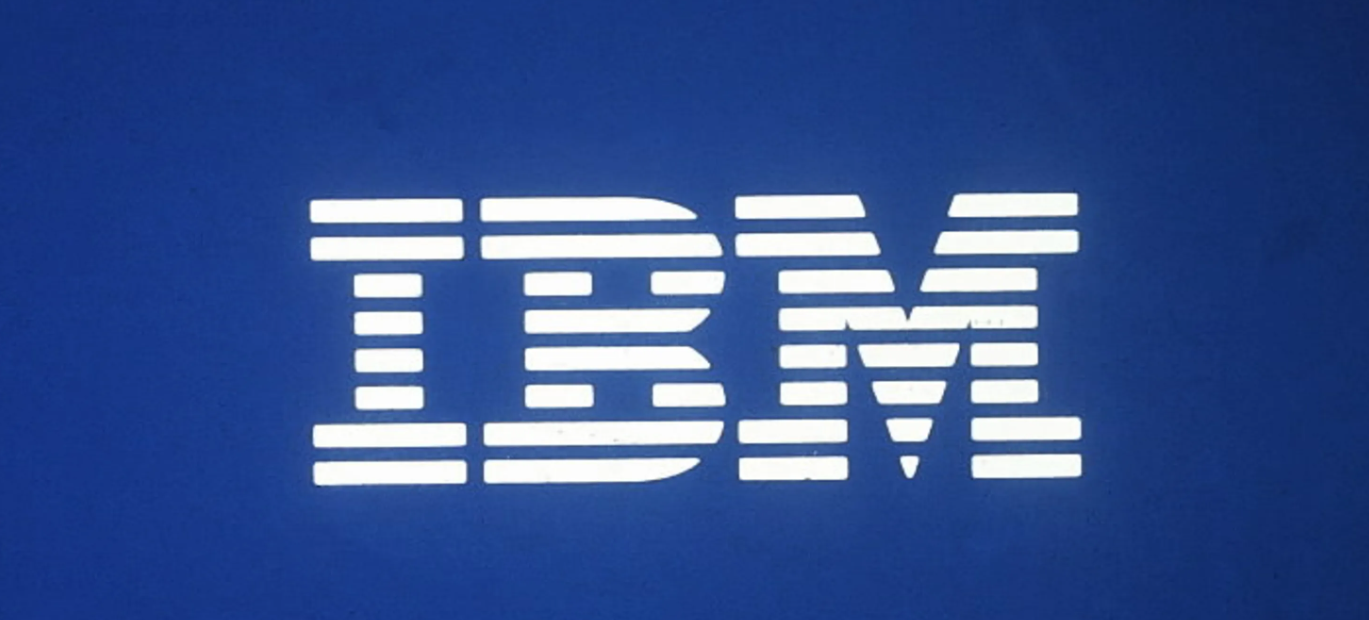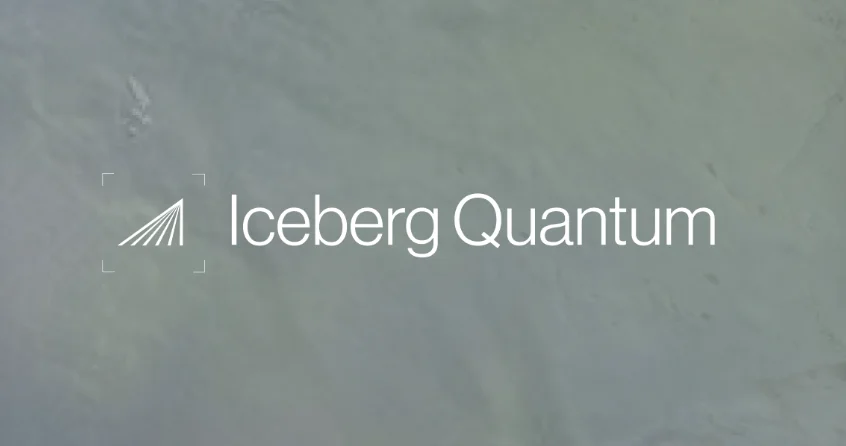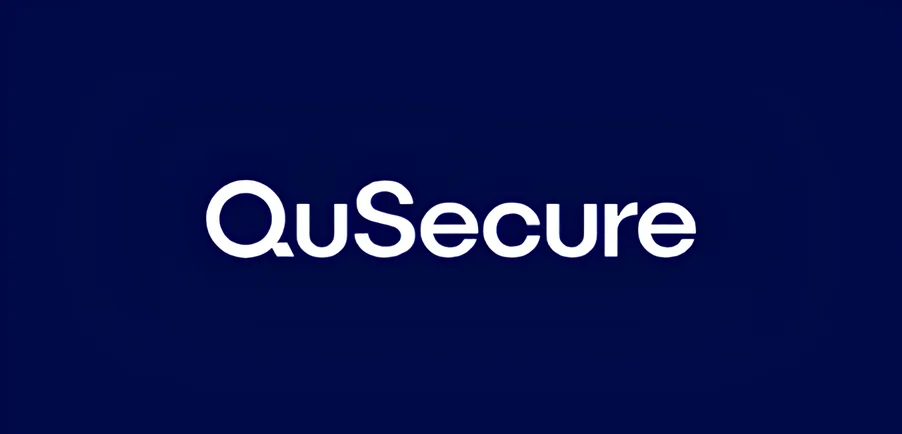Insider Brief
- Olivia Lanes from IBM highlights that quantum computing is best suited for high-complexity problems like molecular simulations, which are challenging for classical computers, making fields like material science and drug discovery ideal for early quantum applications.
- Quantum computing shows potential in drug discovery, environmental tech, and optimization tasks, where even minor efficiency gains can significantly impact industries like finance and logistics.
- Lanes underlines the importance of focusing on problems aligned with current quantum capabilities, encouraging creativity and trial-and-error exploration as quantum technology continues to evolve.
In a recent episode of Quantum Computing in Practice, Olivia Lanes, Global Lead for IBM Quantum Learning + Education, dived into the fundamental question: which problems can quantum computers solve effectively? Addressing both the theory and practical applications of quantum computing, Lanes provides insight into the complex and still-evolving field, offering a clear perspective on quantum’s unique strengths.
“Quantum Computing isn’t good for everything,” she began, underscoring the specialized nature of quantum technology. Lanes stresses that not all tasks require the immense computational power quantum offers. For instance, common activities like “scrolling social media” or playing video games don’t benefit from quantum processing, as they are simple tasks easily handled by classical computers. In contrast, quantum computing shines when applied to high-complexity problems that overwhelm traditional computational approaches.
A notable area where quantum computing demonstrates promise, according to Lanes, is in simulating atomic and molecular structures — a field where classical computing methods are limited by the mathematical complexity of atomic systems.

“Storing and manipulating a quantum state takes an exponential amount of resources on a classical computer,” she explained, but this task can “be done efficiently on a quantum computer.” The advantage, she added, lies in the natural compatibility between quantum systems and the intricacies of molecular interactions, making material simulation and chemical modeling some of the most promising early applications.
One particularly impactful application of quantum computing is in drug discovery, where quantum’s potential to solve complex simulations can accelerate breakthroughs. Lanes elaborated that quantum computers are poised to “lead to developments in carbon dioxide sequestration, alternative batteries, or the invention of new drugs.” By simulating molecular interactions with unprecedented accuracy, quantum technology may shorten the timeline for developing life-saving drugs and environmentally sustainable technologies.
In addition to these life sciences applications, Lanes described how quantum computing has made significant strides in tackling optimization problems. Optimization plays a crucial role across diverse fields, from finance to supply chain logistics. Although not all optimization problems are a good fit for quantum computing, Lanes notes that even modest gains in efficiency can be transformative, particularly in fields like finance where a “solution that is even just 1% more efficient could equate to billions of dollars.”
Despite the immense potential, Lanes cautioned that quantum computing remains constrained by current hardware limitations. For now, “we don’t have processors yet that have thousands to millions of qubits,” she said, pointing out that while quantum technology is advancing, it has not yet reached the level of scale needed for some of the most complex tasks. She stressed the importance of realistic expectations, suggesting that quantum computing should focus on problems that make the most of today’s available resources. To that end, she advises against “algorithms that we know will require error correction,” as these are not currently achievable.
Ultimately, Lanes encourages an experimental approach to quantum research, stressing that quantum computing is still a journey into uncharted territory. As she put it: “just because you think you could apply Quantum Computing to a problem doesn’t mean it’s going to yield interesting results.” However, she also inspires curiosity and creativity, urging researchers to “be creative and don’t limit yourself.” By embracing the trial-and-error nature of research, the quantum community can uncover surprising solutions that might otherwise go unexplored.
Through her clear and engaging breakdown of quantum computing’s potential, Lanes inspires both researchers and technologists to stay grounded in the present capabilities of quantum systems while pushing forward into new, unexplored areas. Her approach reflects IBM’s commitment to advancing quantum technology by tackling problems that are not only intellectually challenging but also have the potential to drive real-world impact. As Lanes sees it, quantum computing is “all about finding that sweet spot,” a balance of ambition and pragmatism that will help shape the future of quantum science.
















